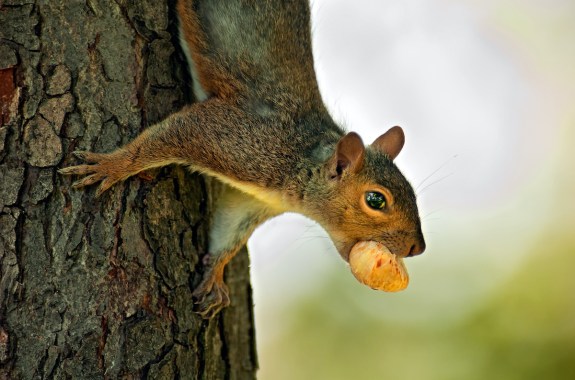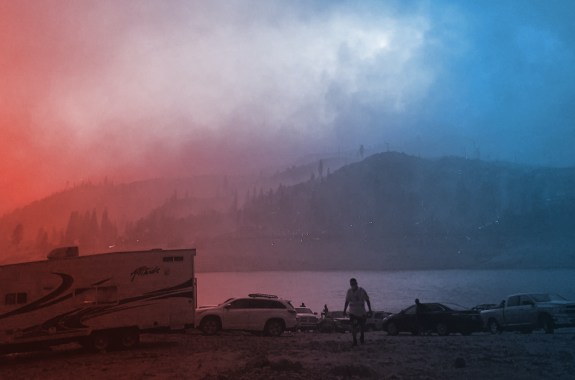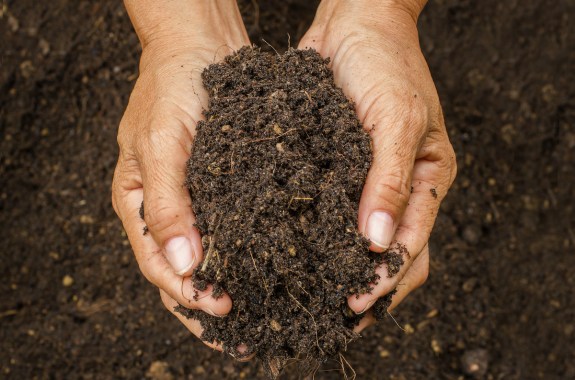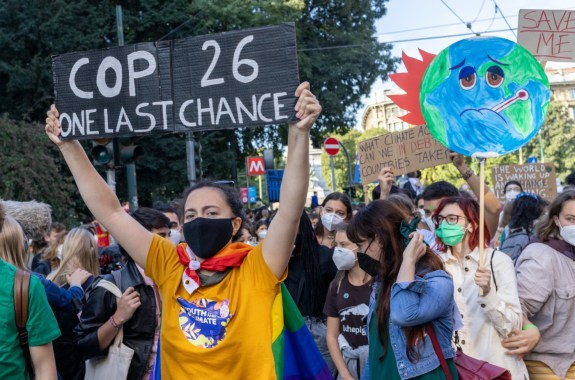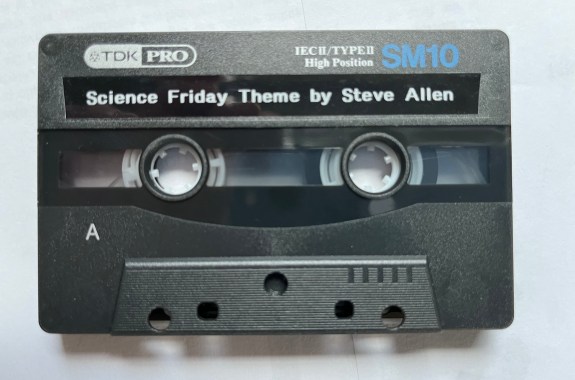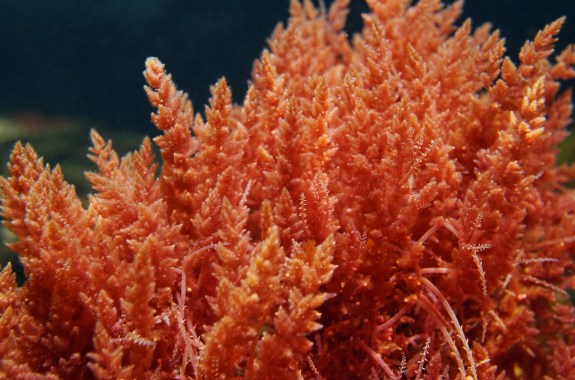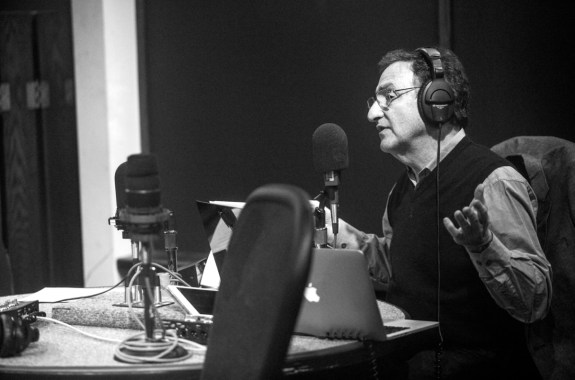Award winning science correspondent and TV journalist Ira Flatow is the host of Science Friday, heard on public radio stations across the country and distributed by WNYC Studios. He anchors the show each Friday, bringing radio and Internet listeners worldwide a lively, informative discussion on science, technology, health, space, and the environment. Ira is also founder and president of the Science Friday Initiative, a 501 (c)(3) non-profit company dedicated to creating radio, TV, and Internet projects that make science “user-friendly.”
Flatow’s interest in things scientific began in boyhood—he almost burned down his mother’s bathroom trying to recreate a biology class experiment. “I was the proverbial kid who spent hours in the basement experimenting with electronic gizmos, and then entering them in high school science fairs,” Flatow says. Mixing his passion for science with a tendency toward being a bit of a ham, Flatow describes his work as the challenge “to make science and technology a topic for discussion around the dinner table.”
He has shared that enthusiasm with public radio listeners for more than 35 years. As a reporter and then news director at WBFO-FM/Buffalo, New York, Flatow began reporting at the station while studying for his engineering degree at State University of New York in Buffalo. As NPR’s science correspondent from 1971 to 1986, Flatow found himself reporting from the Kennedy Space Center, Three Mile Island, Antarctica, and the South Pole. In one memorable NPR report, Flatow took former All Things Considered host Susan Stamberg into a closet to crunch Wint-O-Green Lifesavers, proving they spark in the dark.
His most recent book is entitled Present At The Future: From Evolution to Nanotechnology, Candid and Controversial Conversations On Science and Nature (HarperCollins).
On television, Flatow has discussed the latest cutting edge science stories on a variety of programs. He also hosted the four-part PBS series Big Ideas, produced by WNET in New York. His numerous TV credits include six years as host and writer for the Emmy award-winning Newton’s Apple on PBS, science reporter for CBS This Morning, and cable’s CNBC. He wrote, produced, and hosted Transistorized!, an hour-long documentary about the history of the transistor, which aired on PBS. He has talked science on many TV talk shows including Merv Griffin, Today, Charlie Rose, and Oprah. He has co-starred twice on the CBS hit series The Big Bang Theory.
On the Internet, Flatow has hosted numerous science-related web casts for Discovery Online, The Great Planet Debate, and the American Museum of Natural History in New York.
In print, Ira has authored articles for various magazines ranging from Woman’s Day to ESPN Magazine to American Lawyer. His commentary has appeared in The Los Angeles Times, and Current newspapers. Public speaking and moderating discussions are a regular part of his schedule. He has spoken at Rockefeller University, the World Economic Forum, Sun Microsystems, Hewlett Packard, Calvin Academy, Cal Tech, MIT, Harvard, University of Wisconsin, OSHU, National Inventor’s Hall of Fame, and the Kentucky Author Forum. In 2004, Ira was resident scholar at Woods Hole Oceanographic Institute. His recent honors include: the Isaac Asimov Award (2012,) the Nierenberg Prize (2010), Connecticut Academy of Science and Engineering, membership (2008), National Science Teachers Association Faraday Science Communicator Award (2007), the National Science Board Public Service Award (2005), World Economic Forum Media Fellowship (2005), AAAS Journalism award (2000), Brady Washburn Award (2000), and the Carl Sagan Award (1999). Ira is member of the National Association of Science Writers, AFTRA, and Screen Actors Guild. His hobbies include tennis, golf, gardening (especially orchids), and electronic gadgets. He loves the theater. A native of New York, Flatow now lives in Connecticut.
16:56
Squirrel-Nut Economics And Other Agility Tricks
Researchers are learning about memory, learning, and economics from our bushy-tailed neighbors.
18:00
As Wildfire Intensity Rises, So Does The Human Toll Of Blazes
Wildfire season in the West is now year-long, thanks to climate change. Listen to residents and rescuers as they grapple with the new normal.
17:01
What Will We Reap Without Topsoil?
Soil erosion continues at record pace around the world. Soil scientist Jo Handelman explains the good news: The solutions are simple and well-understood.
17:26
Activists And Vulnerable Nations At COP26 Seek More Than Promises
Action on climate change is slower than many activists would like. And why payment for “loss and damage” is crucial for vulnerable nations.
11:57
Behind The FDA’s Decision To Vaccinate Kids Under 12
No severe adverse effects were found in the study vaccinating younger kids against COVID-19 with Pfizer’s shot, according to the FDA.
8:06
What’s Next For Kansas After 20 Years Of Wind Power?
After two decades, wind farms in Kansas take stock of how the state has changed—and what challenges lie ahead.
29:24
Fact Check My Feed: More Kids Can Get COVID-19 Vaccines. Now What?
Pfizer’s vaccine is now approved for kids aged 5 to 11. Plus, which adults need which booster, and preparing for another pandemic holiday season.
5:18
The Science Friday Theme Song That Got Lost In The Mail
23 years ago, Ira dared Steve Allen, the first host of The Tonight Show, to write a Science Friday a theme song. Allen obliged—so why didn’t it make it on the show?
11:11
In First Real-World Experiment, Red Seaweed Cuts Methane In Cows By More Than Half
Researchers fed a working dairy’s cows red algae. It had a stunning impact.
26:05
SciFri Reflects On Three Decades Of Covering Science News
A lot has changed since the first broadcast in 1991. The show’s commitment to science hasn’t.
